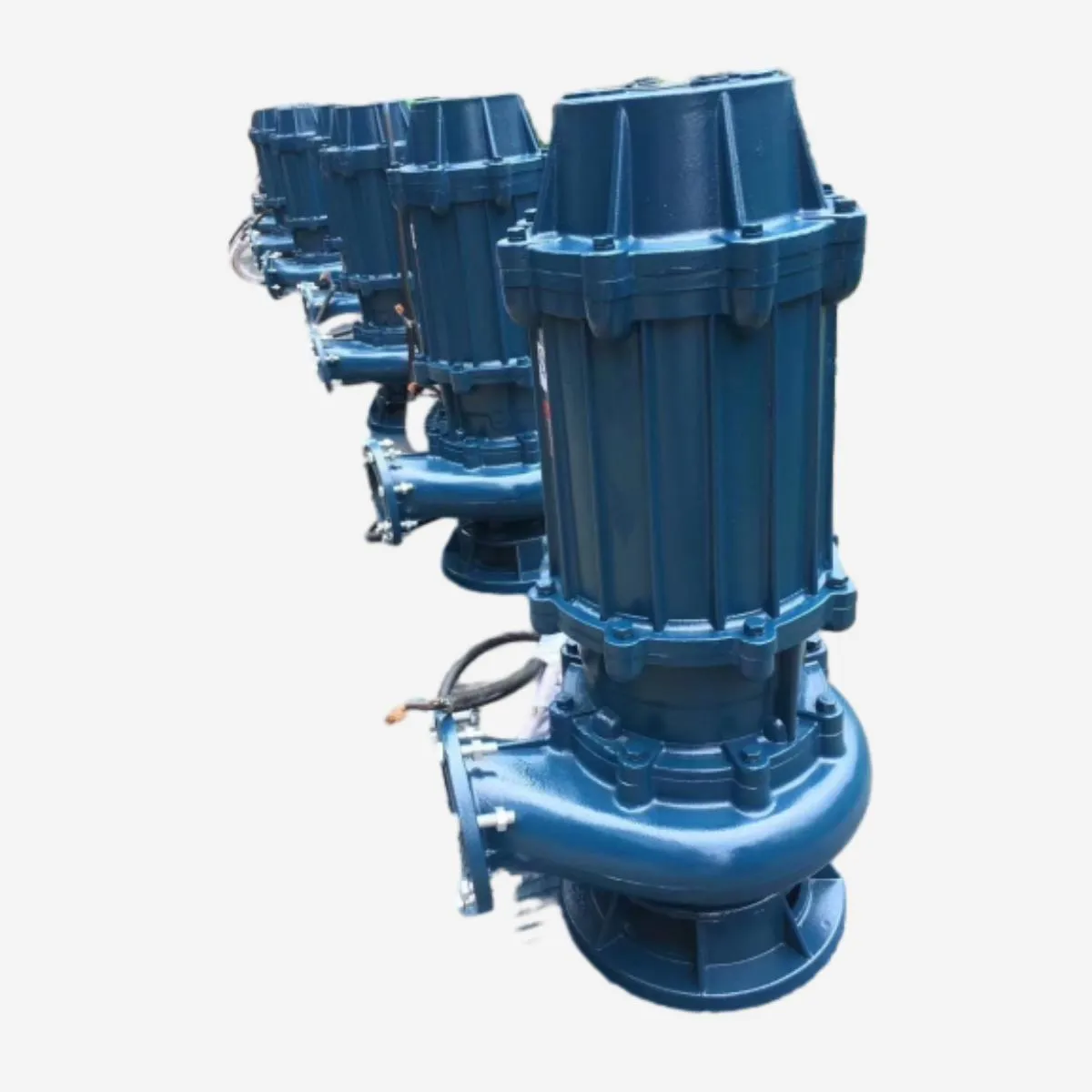Azerbaijani
- Afrikaans
- Albanian
- Amharic
- Arabic
- Armenian
- Azerbaijani
- Basque
- Belarusian
- Bengali
- Bosnian
- Bulgarian
- Catalan
- Cebuano
- Corsican
- Croatian
- Czech
- Danish
- Dutch
- English
- Esperanto
- Estonian
- Finnish
- French
- Frisian
- Galician
- Georgian
- German
- Greek
- Gujarati
- Haitian Creole
- hausa
- hawaiian
- Hebrew
- Hindi
- Miao
- Hungarian
- Icelandic
- igbo
- Indonesian
- irish
- Italian
- Japanese
- Javanese
- Kannada
- kazakh
- Khmer
- Rwandese
- Korean
- Kurdish
- Kyrgyz
- Lao
- Latin
- Latvian
- Lithuanian
- Luxembourgish
- Macedonian
- Malgashi
- Malay
- Malayalam
- Maltese
- Maori
- Marathi
- Mongolian
- Myanmar
- Nepali
- Norwegian
- Norwegian
- Occitan
- Pashto
- Persian
- Polish
- Portuguese
- Punjabi
- Romanian
- Russian
- Samoan
- Scottish Gaelic
- Serbian
- Sesotho
- Shona
- Sindhi
- Sinhala
- Slovak
- Slovenian
- Somali
- Spanish
- Sundanese
- Swahili
- Swedish
- Tagalog
- Tajik
- Tamil
- Tatar
- Telugu
- Thai
- Turkish
- Turkmen
- Ukrainian
- Urdu
- Uighur
- Uzbek
- Vietnamese
- Welsh
- Bantu
- Yiddish
- Yoruba
- Zulu
Telephone: +86 13120555503
Email: frank@cypump.com
Okt . 11, 2024 10:21 Back to list
pumps water treatment
Pumps in Water Treatment Essential Components for Clean Water
Water treatment is a crucial process that ensures the availability of clean and safe water for consumption, agriculture, and industrial use. One of the key players in this process is the pump, which is vital for moving water through various stages of treatment. From the initial extraction of raw water to the final distribution of treated water, pumps perform an essential role that enhances the efficiency and effectiveness of water treatment systems.
Types of Pumps Used in Water Treatment
Various types of pumps are employed in water treatment facilities, each designed for specific tasks within the treatment process. The most common types include centrifugal pumps, positive displacement pumps, and submersible pumps.
1. Centrifugal Pumps These are the most frequently used pumps in water treatment applications. Designed to move fluid through rotational energy, centrifugal pumps are effective in transporting large volumes of water with relatively low viscosity. In water treatment plants, they are often used for pumping raw water from sources such as rivers or lakes to the treatment facility and for distributing treated water to storage tanks and consumers.
2. Positive Displacement Pumps Unlike centrifugal pumps, positive displacement pumps move water by trapping a fixed volume and forcing it through the discharge pipe. They are particularly useful for applications requiring high pressure and precise flow rates. These pumps are commonly used in chemical dosing systems where specific amounts of coagulants or disinfectants must be added to the water.
3. Submersible Pumps These pumps are designed to be submerged in water. They are commonly used in boreholes and deep wells for groundwater extraction. Submersible pumps are efficient and can operate at significant depths, making them ideal for sourcing raw water in various geographical locations.
Role of Pumps in Different Water Treatment Stages
Pumps play a vital role at multiple stages of the water treatment process, including
- Intake and Raw Water Supply At the beginning of the water treatment process, raw water is extracted from natural sources. Pumps are crucial here to ensure that an adequate supply of water is transported to the treatment facility.
pumps water treatment

- Coagulation and Flocculation In this stage, chemicals are added to the water to help remove impurities. Pumps are used to accurately convey these chemicals into the water stream, ensuring proper mixing and reaction times.
- Filtration Effective filtration requires the continuous flow of water through various filter media. Pumps maintain the necessary pressure and flow rates for efficient filtration, removing suspended particles and microorganisms from the water.
- Disinfection After filtration, water must be disinfected to eliminate any remaining pathogens. Pumps are used to deliver disinfectants, such as chlorine or ultraviolet light, in precise amounts to achieve required water quality standards.
- Distribution Once the water has been treated, pumps facilitate its delivery to consumers through distribution networks. Ensuring adequate pressure and flow rates in these systems is essential for reliable service.
Challenges and Innovations in Pump Technology
While pumps are essential, they also encounter challenges such as wear, corrosion, and operational inefficiencies. To combat these issues, advancements in pump technology are being made. Innovations include smart monitoring systems that track pump performance and energy consumption, and the development of materials that resist corrosion and wear, extending the lifespan of pumps in harsh operating environments.
Additionally, the integration of renewable energy sources, such as solar power, is becoming popular in powering water treatment pumps, making the process more environmentally sustainable.
Conclusion
In summary, pumps are indispensable in the water treatment process, facilitating the movement and proper treatment of water to ensure its safety for use. As water demand continues to rise and environmental challenges emerge, investing in advanced pump technologies will be crucial to enhancing the efficiency and sustainability of water treatment systems worldwide. These innovations will help secure clean water for future generations while minimizing energy use and operational costs. The pivotal role played by pumps in water treatment cannot be overstated, as they remain essential for the health and well-being of communities globally.
-
ISG Series Pipeline Pump - Chi Yuan Pumps | Energy Efficiency&Compact Design
NewsAug.03,2025
-
ISG Series Vertical Pipeline Pump - Chi Yuan Pumps Co., LTD.|High Efficiency, Low Noise, Durable
NewsAug.02,2025
-
ISG Series Vertical Pipeline Pump - Chi Yuan Pumps | High Efficiency, Low Noise
NewsAug.02,2025
-
ISG Series Vertical Pipeline Pump- Chi Yuan Pumps Co., LTD.|High Efficiency&Compact Design
NewsAug.02,2025
-
Heavy-Duty Mining Sludge Pumps - Wear-Resistant Slurry Handling
NewsAug.02,2025
-
Horizontal Split Case Pump with GPT-4 Turbo | High Efficiency
NewsAug.01,2025










